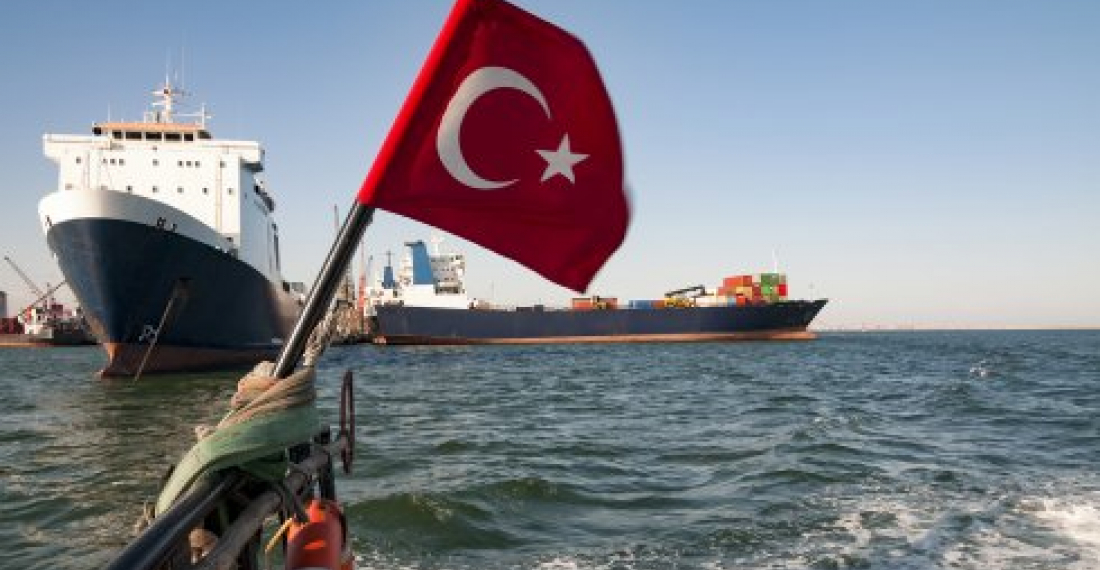Turkish business circles are hopeful that an increase in economic growth in the eurozone countries will quickly translate into increased exports for Turkish goods and services to the bloc.
The eurozone countries saw an economic growth of 2.3 % in 2017 - the highest in the last decade. Experts believe that this economic trend is likely to continue.
In 2017, more than half of Turkish exports, which totaled to USD 157.1 billion, went to the 28 EU countries. EU countries received Turkish goods worth USD 73.94 billion, according to the data provided by the Turkish Statistical Institute (TurkStat). Last year, the value of exports from 28 EU countries to Turkey amounted to USD 85.2 billion dollars.
The prospect of increased Turkish exports to the EU is very timely from Ankara's perspective. Turkey's foreign trade deficit soared 108.5 percent in January compared to the same month in 2017, and reached USD 9.06 billion mainly due to a significant rise in gold imports and energy costs, preliminary data from the Turkish Customs and Trade Ministry has shown.
The Ministry statement issued on Friday (2 February) shows that Turkish exports are not keeping up with imports. While Turkey's exports saw a 10.8 percent year-on-year increase and reached USD 12.5 billion in January, its imports grew astronomically to USD 21.5 billion - a 38 percent yearly increase.
The biggest import item in January was energy, according to the ministry.
Turkey imported $3.63 billion worth of energy products in the first month of 2018 with a 13.25 percent yearly increase.
According to the ministry data, Turkey's top export market in January was Germany, with Turkish exports reaching USD 1.35 billion - a 20 percent year-on-year increase. Germany was followed by the United Kingdom and Iraq.
source: commonspace.eu with agencies






